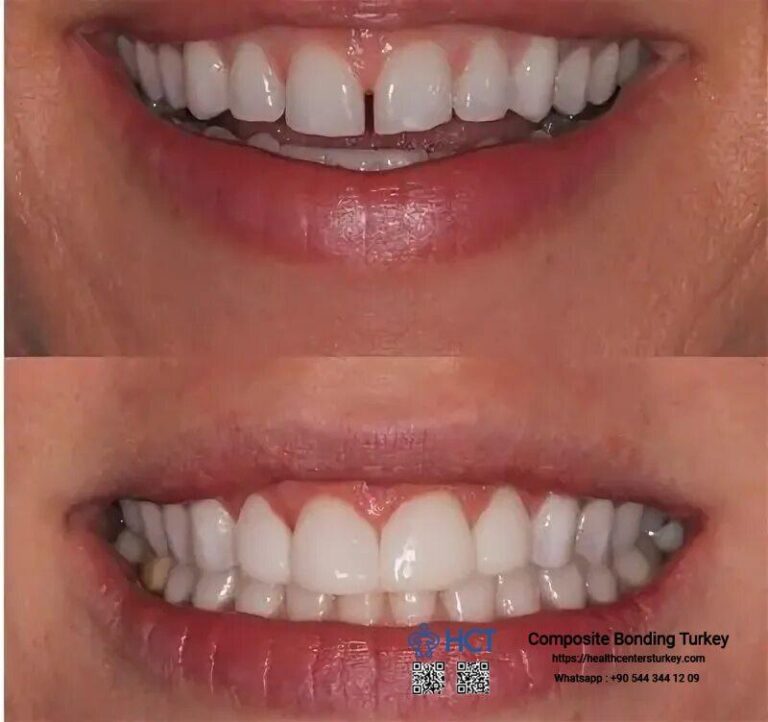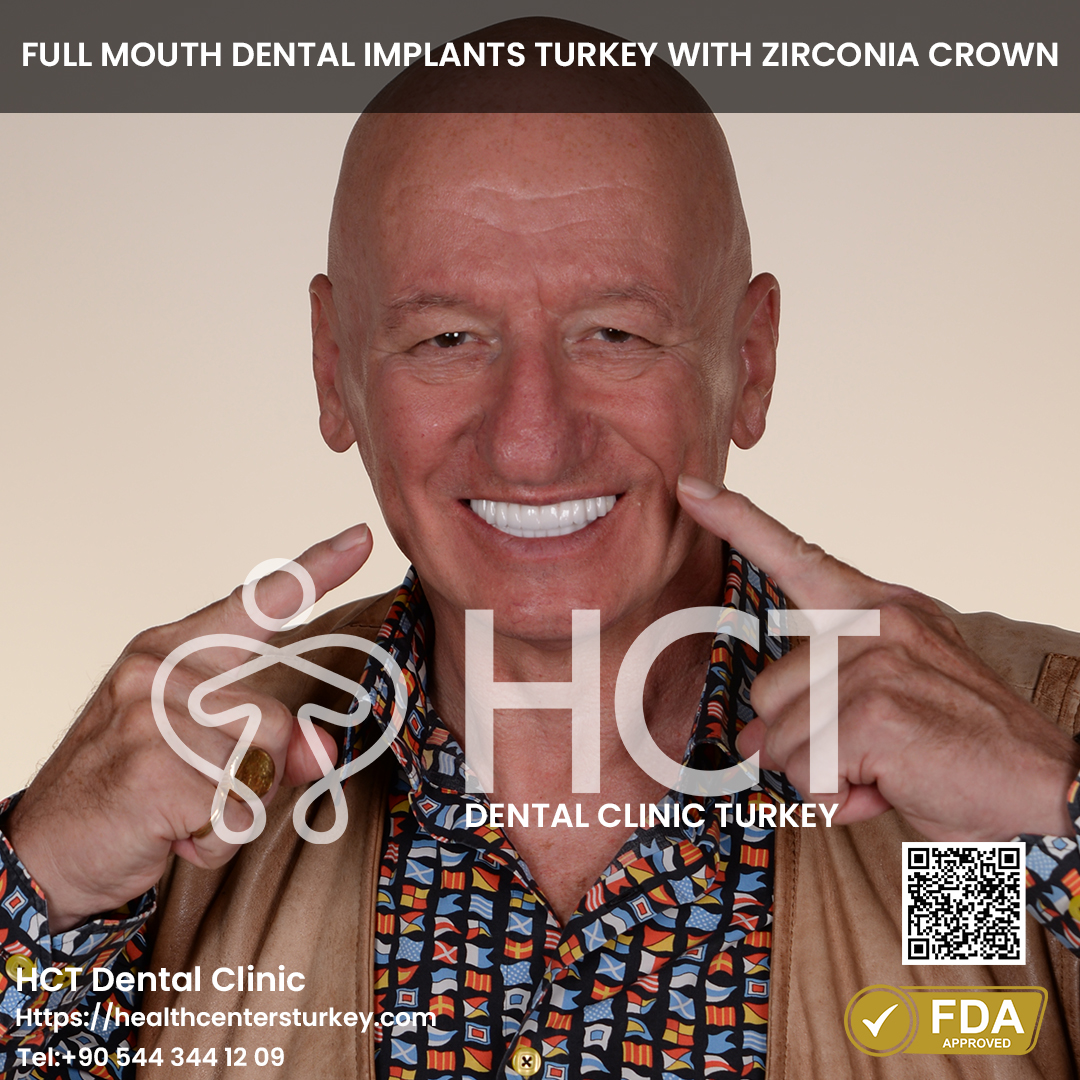Revitalize Your Oral Health with Cutting-Edge Dental Treatments in Turkey

Dental implants have become a focus in modern dentistry, providing a reliable resolution for these facing tooth loss. Among the multiple benefits they provide, one important side price contemplating is their impact on adjacent teeth. Understanding how dental implants have an result on surrounding teeth aids in making informed choices about oral health.
When a tooth is lost, neighboring teeth can easily shift towards the space left behind. This motion can result in misalignment, which compromises the overall chew and performance of the mouth. Dental implants mimic natural tooth roots, thereby maintaining the place of adjacent teeth.
Life-Changing Dental Care Experiences for Tourists
The stability provided by an implant is essential, because it helps in preserving not simply the physical alignment but also the structural integrity of the jawbone. When a tooth is missing, the underlying bone can begin to deteriorate due to lack of stimulation. An implant exerts strain on the bone during chewing, just like a natural tooth, which promotes bone health.
In some instances, a bridge or partial denture may be thought of as an alternative to implants. While these options might restore some performance, they will place further stress on neighboring teeth. Bridges usually require filing down the surrounding teeth to accommodate the anchors, thereby affecting their health over time. Dental implants, on the other hand, do not alter current teeth, making them a extra conservative selection.
Experience Luxury Dental Care in Turkey with Competitive Prices
Hygiene becomes another crucial issue when contemplating adjacent teeth in the context of implants. With dental implants, the individual can keep an everyday hygiene routine much like natural teeth. Flossing and brushing around the implant are straightforward, making certain that the gum tissue stays wholesome and minimizing the chance of gum disease that might adversely have an effect on adjacent teeth.
Moreover, the materials utilized in dental implants are biocompatible. This means they're designed to combine well with the body, reducing the chances of an antagonistic reaction. This attribute not solely makes the implant protected but additionally protects close by teeth from potential points that might come up because of contamination or infection.
In terms of aesthetics, dental implants offer a natural look and feel, closely resembling original teeth. Adjacent teeth benefit from this aesthetic appeal as well. When an implant is placed, the encircling gum tissue may be formed to imitate natural contours, thereby enhancing the general appearance of the smile. This aesthetic issue can encourage people to invest in their oral care routines, benefiting both the implants and adjacent teeth in the long run.
Comprehensive Oral Health Check-Ups across Turkey
Another concern is the potential for gum disease, which may have an result on the health of adjacent teeth. Gum disease can happen when plaque builds up round teeth and implants. Regular dental visits and applicable oral hygiene can mitigate this concern. The presence of implants also can serve as a motivator for better dental hygiene practices, as people turn into extra aware of sustaining their total mouth health.
Studies have proven that dental implants can contribute to a big improvement in quality of life. Patients often experience elevated confidence and are much less hesitant to smile or have interaction in social interactions. A wholesome and well-maintained smile indirectly promotes better take care of adjacent teeth, as people tend to turn into extra aware of their overall oral hygiene.
One often-overlooked aspect is the psychological impact of dental implants on sufferers. Knowing that implants supply long-term solutions can ease the anxiousness associated with tooth loss. With fewer worries about future tooth shifts, patients are extra likely to invest time and effort into caring for their teeth, which incorporates adjacent teeth.
In conclusion, dental implants serve as greater than just a solution for missing teeth; they play a pivotal function in maintaining the health and integrity of adjacent teeth. From stopping misalignment to promoting gum health and enhancing aesthetics, the advantages are manifold. By opting for implants, people cannot only restore performance but also foster a healthier oral surroundings for surrounding teeth. The psychological and aesthetic advantages additional contribute to an overall enhanced quality of life.
Advanced Dental Procedures to Suit Your Needs
In the long run, understanding how dental implants have an result on adjacent teeth can information individuals in making empowered decisions regarding their dental health. The integration of these implants into the mouth acts as a stabilizing drive, safeguarding each the physical alignment and performance of neighboring teeth, whereas promoting a long-lasting, wholesome smile.
- Dental implants typically don't exert pressure on adjacent teeth, sustaining their integrity and reducing the danger of shifting or misalignment.
- The placement of an implant often encourages better oral hygiene habits, positively influencing the health of adjacent teeth by way of improved cleaning practices.
Why Choose Dental Tourism in Turkey for Treatment
- In some cases, dental implants can stimulate the encompassing bone, which helps protect the natural teeth's position and total dental structure.

- The gap left by missing teeth can result in bone loss; dental implants can prevent this, thereby defending adjacent teeth from potential complications.
- Increase Your Self-Esteem by Achieving a Beautiful Smile
Elevate Your Dental Aesthetics with Veneers
- By restoring the function of a missing tooth, implants assist distribute chunk forces evenly, decreasing wear and stress on neighboring teeth.

- Properly placed dental implants can act as a help structure, preventing unwanted movement of adjacent teeth resulting from tooth loss.
- The presence of an implant could improve the aesthetic appearance of surrounding teeth by filling in gaps and supporting facial structure.
Extensive Dental Solutions for A Radiant Smile
- Dental implants get rid of the need for adjacent teeth alteration, unlike bridges, which require reshaping the nearby teeth for support.
- Implants also cut back the chance of gum disease compared to different tooth replacement choices, not directly benefiting adjacent teeth by promoting overall oral health.
Uncover Leading Dental Treatments in Turkey for Implants, Veneers, and More.
- Long-term success of dental implants is linked to the health of surrounding teeth, emphasizing the significance of standard dental check-ups and maintenance.
How do dental implants have an result on adjacent teeth?
Enjoy Excellent Dental Care at Unbeatable Prices
What are dental implants and the way do they work with adjacent teeth?undefinedDental implants are artificial tooth roots placed into the jawbone to support replacement teeth. They don’t affect adjacent teeth instantly, as view website they're unbiased buildings. Instead, they might help maintain the integrity of surrounding teeth by preventing bone loss.
Can dental implants trigger injury to adjacent teeth?undefinedIf placed correctly, dental implants mustn't hurt adjacent teeth. However, improper placement can lead to issues like misalignment or pressure, emphasizing the significance of choosing an experienced dental skilled.
Will dental implants promote bone progress around adjacent teeth?undefinedYes, dental implants assist stimulate the jawbone, which may encourage bone growth. This can profit adjacent teeth by sustaining bone density and stability in the area.
Elevating Care Standards in Turkish Dental Clinics
Should I worry about gum disease affecting adjacent teeth after getting an implant?undefinedGood oral hygiene is crucial after getting an implant. Gum disease can nonetheless have an effect on adjacent teeth, but a properly maintained implant doesn't improve that risk. Regular dental visits might help monitor and maintain gum health.
What happens to adjacent teeth if I lose a dental implant?undefinedIf a dental implant fails or is misplaced, adjacent teeth could shift because of modifications in bite alignment and assist structure. This might result in misalignment or further tooth loss if not addressed.
Are there any special care necessities for adjacent teeth after web getting implants?undefinedMaintaining good oral hygiene practices, including regular brushing, flossing, and dental check-ups, is crucial for each dental implants and adjacent teeth to prevent decay and gum disease.
Quick Dental Solutions for On-the-Go Patients
Do dental implants assist help adjacent teeth when chewing?undefinedAbsolutely. Implants can improve general bite operate, which can alleviate stress on adjacent teeth throughout chewing. This can lead to higher distribution of forces, promoting oral health.
How can I prevent issues with adjacent teeth and implants?undefinedConsistent dental care, including skilled cleanings and examinations, regular brushing and flossing, and following your dentist’s aftercare directions, are key to preventing issues.
Can adjacent teeth move if I really have a dental implant?undefinedAdjacent teeth might transfer if they aren't well-supported, especially after tooth loss. A dental implant helps keep the structure, lowering the risk of shifting teeth.